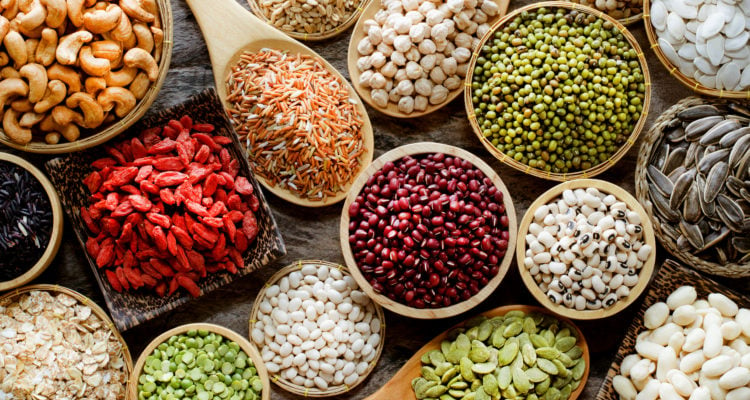Scientists at the Tel Aviv University say that a cocktail of natural dietary supplements shows “promising” results.
By Sharon Wrobel, The Algemeiner
Israeli researchers believe a combination of readily-available substances found in pumpkin, peas, cashews and other fruits and vegetables can help protect the body against COVID-19 and other illnesses.
Scientists at the Tel Aviv University say that a cocktail of natural dietary supplements with zinc shows “promising” results in preventing and inhibiting the replication of COVID-19 and other RNA respiratory viral infections.
The study — led by experts including Prof. Ehud Gazit, head of TAU’s Blavatnik Center for Drug Discovery and Prof. Daniel Segal of the Shmunis School of Biomedicine and Cancer Research at the Wise Faculty of Life Sciences— was published in the peer-reviewed Pharmaceuticals journal.
“To address the rapid changes of the virus, we decided to develop active vaccines made of safe and easily obtainable dietary supplements, that would reduce the viral load in the body and cut down contagion,” stated Prof. Gazit. “We have known for years that food supplements containing zinc can enhance immunity to severe, viral, and chronic infections and their potentially grave consequences.”
However, the researchers found that the consumption of zinc alone was not enough. To boost the effect, they combined zinc with flavonoids, polyphenolic compounds found in fruits and vegetables. They also added copper to prevent an “ionic imbalance” and improve the effectiveness of the treatment.
“Advanced lab tests, including PCR, have shown that the new vaccines we developed did in fact reduce the viral load,” said Segal. “We found a 50-95 percent decrease in the genomic replication of various groups of RNA viruses, including COVID-19, the flu virus, and others.”
Experiments for the study were at this conducted in vitro and a lab, but researchers see promise for an orally-administered shelf treatment and are in talks with a U.S. company to eventually market and distribute the product.
“Such a product will be safe, natural, and effective against several types of viruses, including new mutations and variants,” Segal asserted.
They expect to launch a series of clinical trials in humans soon, aiming for a product to enhance the effect of existing anti-viral vaccines and medications.




